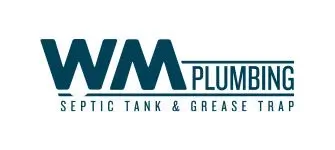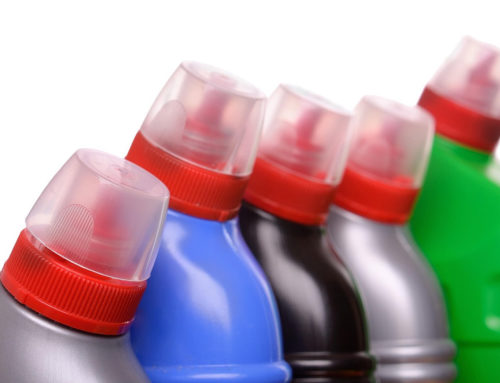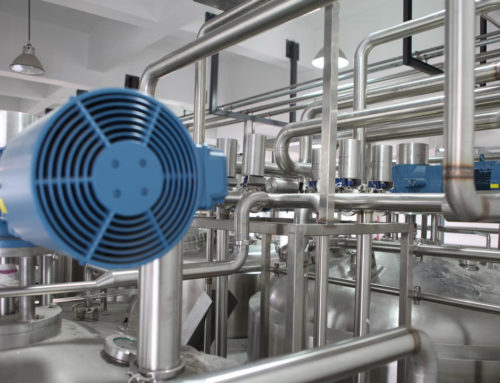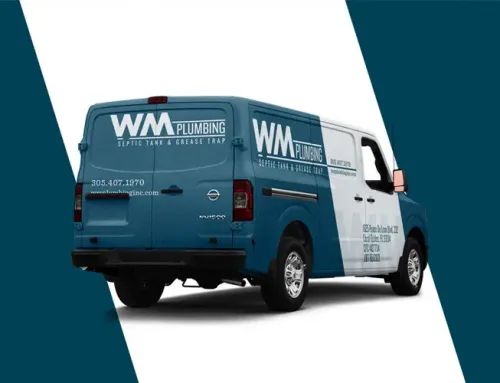How to Maintain Clear Drains in Cafes and Small Restaurants

Maintaining clear drains in cafes and small restaurants is crucial for ensuring smooth operations, hygiene, and customer satisfaction. Blocked drains can lead to unpleasant odors, slow drainage, and even kitchen shutdowns, affecting your business’s reputation and revenue. Here’s a comprehensive guide on how to keep your drains clear and functioning optimally in a busy café or small restaurant setting.
Understand the Common Causes of Clogged Drains
Grease and Oil: One of the primary culprits of clogged drains in food establishments is grease and oil. When these substances cool, they solidify and adhere to the walls of pipes, leading to blockages over time.
Food Scraps: Leftover food particles from dishwashing can accumulate in the drains, creating clogs. This is especially problematic in busy kitchens where large volumes of dishes are cleaned daily.
Coffee Grounds: In cafes, coffee grounds are a frequent cause of drain issues. Despite their small size, they can clump together and form significant blockages.
Preventive Measures
Install Grease Traps: Grease traps are essential for capturing grease, oil, and fat before they enter the drainage system. Regularly clean and maintain these traps to ensure they function effectively. Schedule a professional service to clean the grease traps periodically, as built-up grease can overflow into your drains.
Use Drain Strainers: Install drain strainers in all sinks to catch food particles and other debris. These strainers are easy to remove and clean, preventing solid waste from entering the plumbing system.
Proper Disposal Practices: Train your staff to dispose of food scraps, coffee grounds, and grease properly. Provide clear instructions and designated bins for these materials. Encourage scraping plates into the trash before washing them and using paper towels to wipe excess grease from pans.
Regular Maintenance
Daily Cleaning Routines: Incorporate daily drain maintenance into your closing procedures. Flush sinks with hot water at the end of each day to help dissolve grease and food particles. Use a mixture of baking soda and vinegar weekly to keep drains clean and odor-free. Simply pour a cup of baking soda followed by a cup of vinegar down the drain, let it sit for about 30 minutes, then flush with hot water.
Monthly Deep Cleaning: Schedule a more thorough cleaning of your drains each month. Use enzymatic drain cleaners, which are eco-friendly and effective in breaking down organic matter. Avoid harsh chemical cleaners, as they can damage your pipes over time.
Professional Inspection: Hire a professional plumber to inspect your plumbing system every six months. A professional can identify potential issues before they become major problems, ensuring your drainage system remains in good condition.
Equipment and Tools
Plungers and Drain Snakes: Keep plungers and drain snakes on hand for quick fixes. A plunger can help dislodge minor clogs, while a drain snake is useful for clearing more stubborn blockages. Train your staff on how to use these tools effectively.
Wet/Dry Vacuum: A wet/dry vacuum can be invaluable for clearing clogged drains and cleaning up spills quickly. This tool can also help remove standing water caused by blockages, minimizing downtime in your kitchen.
Educate Your Staff
Training Programs: Provide regular training for your staff on proper waste disposal and drain maintenance practices. Make sure they understand the importance of these procedures in preventing clogs and maintaining hygiene.
Clear Communication: Create a checklist for daily, weekly, and monthly drain maintenance tasks. Assign responsibilities and ensure all staff members are aware of their roles in keeping the drains clear.
Emergency Preparedness
Emergency Contacts: Have a list of emergency contacts, including a reliable plumber, readily available. Quick access to professional help can prevent minor issues from escalating into major disruptions.
Action Plan: Develop an emergency action plan for dealing with severe drain clogs or backups. Ensure your staff knows the steps to take, such as shutting off water supply to affected areas and contacting emergency services.
Conclusion
Maintaining clear drains in cafes and small restaurants is a multifaceted task that requires consistent effort, proper equipment, and staff education. By implementing preventive measures, performing regular maintenance, and being prepared for emergencies, you can avoid the costly and disruptive consequences of clogged drains. Investing time and resources into drain maintenance not only ensures the smooth operation of your business but also enhances the overall dining experience for your customers. Prioritizing these practices will help sustain a clean, efficient, and reputable establishment.




